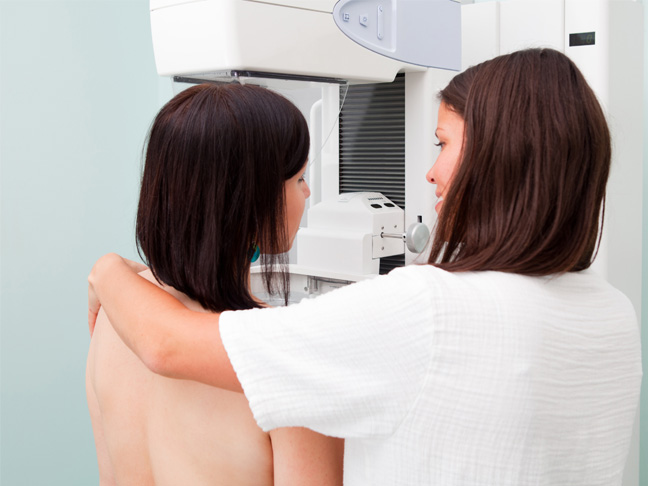The news seems destined to leave women confused about what advice to follow.
For nearly two decades, the American Cancer Society has been recommending annual mammograms for women beginning at age 40. They reiterated that position again on Monday, with the society’s chief medical officer Dr. Otis Brawley saying “This is one screening test I still recommend unequivocally and recommend to any woman 40 or over.”
The government panel of doctors and scientists disagree, having concluded that getting screened for breast cancer so early and often can be harmful, causing too many false alarms and unneeded biopsies without substantially improving a woman’s odds of surviving the disease.”The benefits are less and the harms are greater when screenings start in the 40’s,” says Dr. Diane Petitti, vice-chair of the panel.
Under the new guidelines issued by the U.S. Preventative Services Task Force, insurance coverage for screenings is not likely to change, but the revisions will certainly be hotly debated. The guidelines are intended for the general population — not for those women at high risk because of family history or gene mutations. The new guidelines say:
<li>Most women in their 40s should not routinely get mammograms</li>
<li>Women ages 50 to 74 should get mammograms every other year until age 74, after which age the risks and benefits are unknown<li>
<li>The value of breast exams by doctors is unknown, and breast self-exams are of no value<li>
Dr. Brawley says the new guidelines are “essentially telling women that mammography at ages 40-49 saves lives, just not enough of them.” He firmly believes the benefits of screenings outweigh any harms. Breast cancer is the most common cancer and second leading cause of death among American women. More than 192,000 cases and 40,000 deaths from the disease are expected in the U.S. this year. Mammograms can help detect cancer early, and two-thirds of women over 40 surveyed report that they have had a mammogram in the previous two years.








